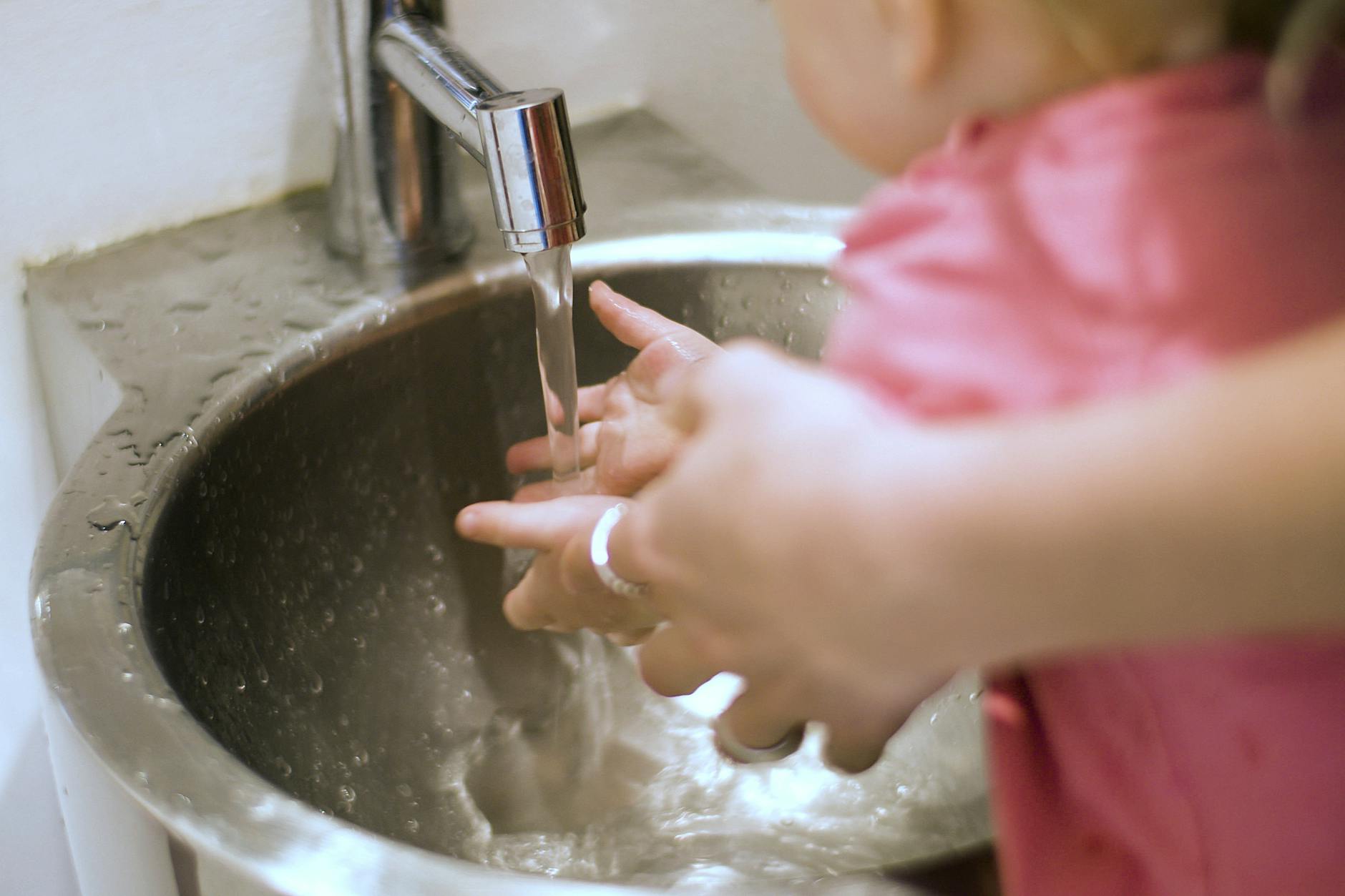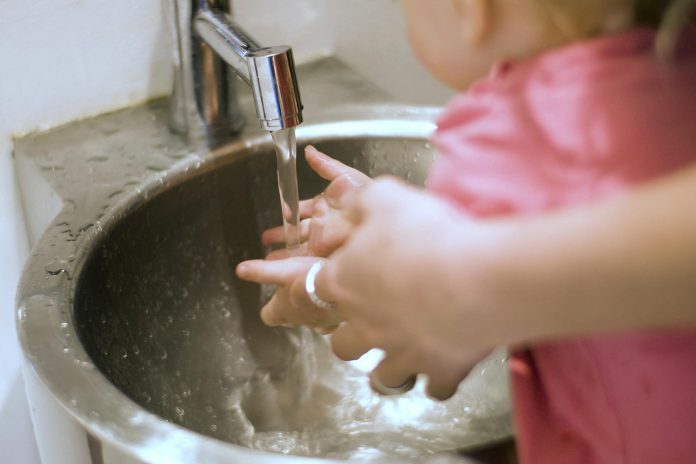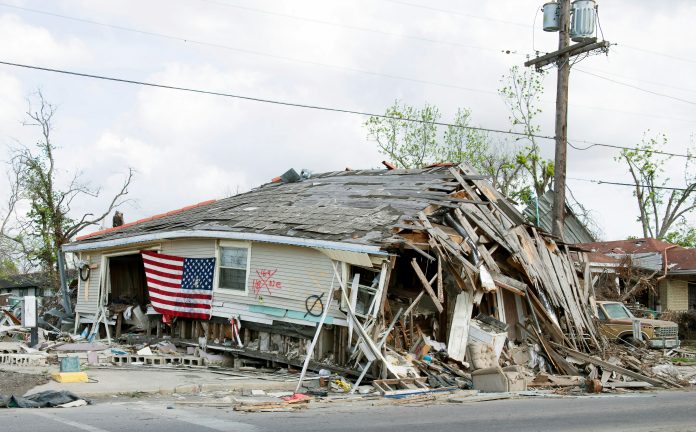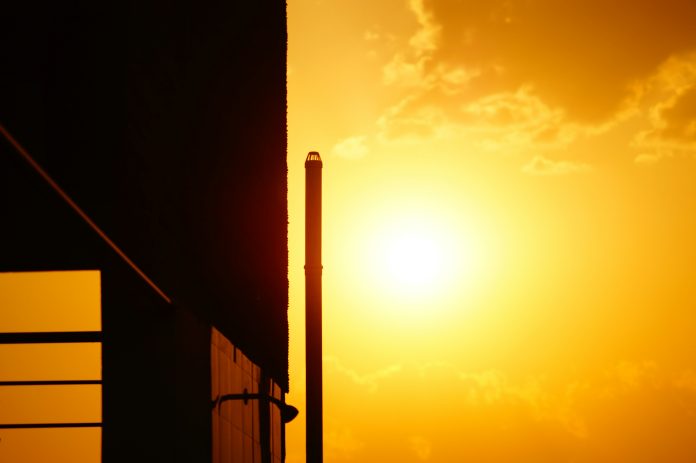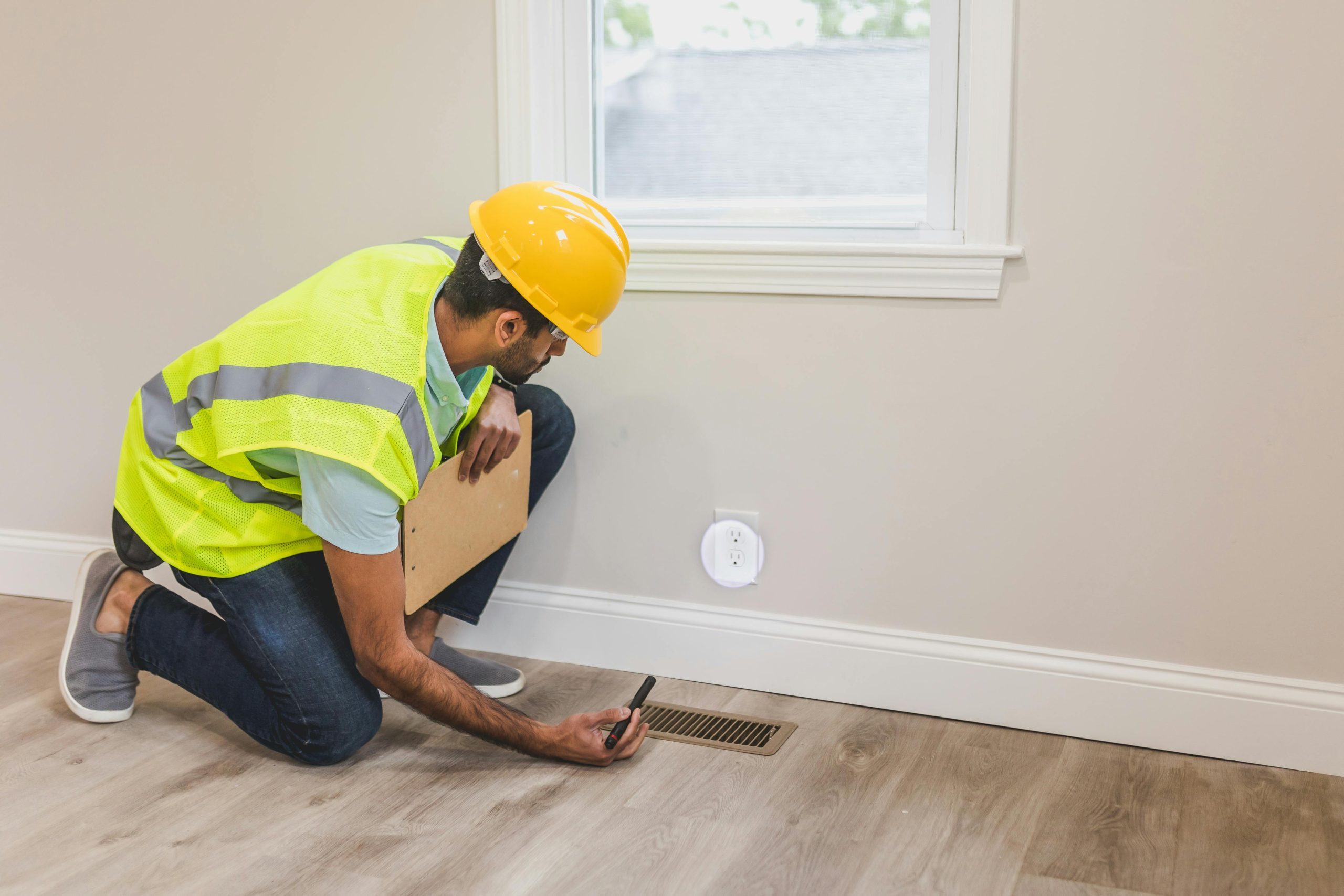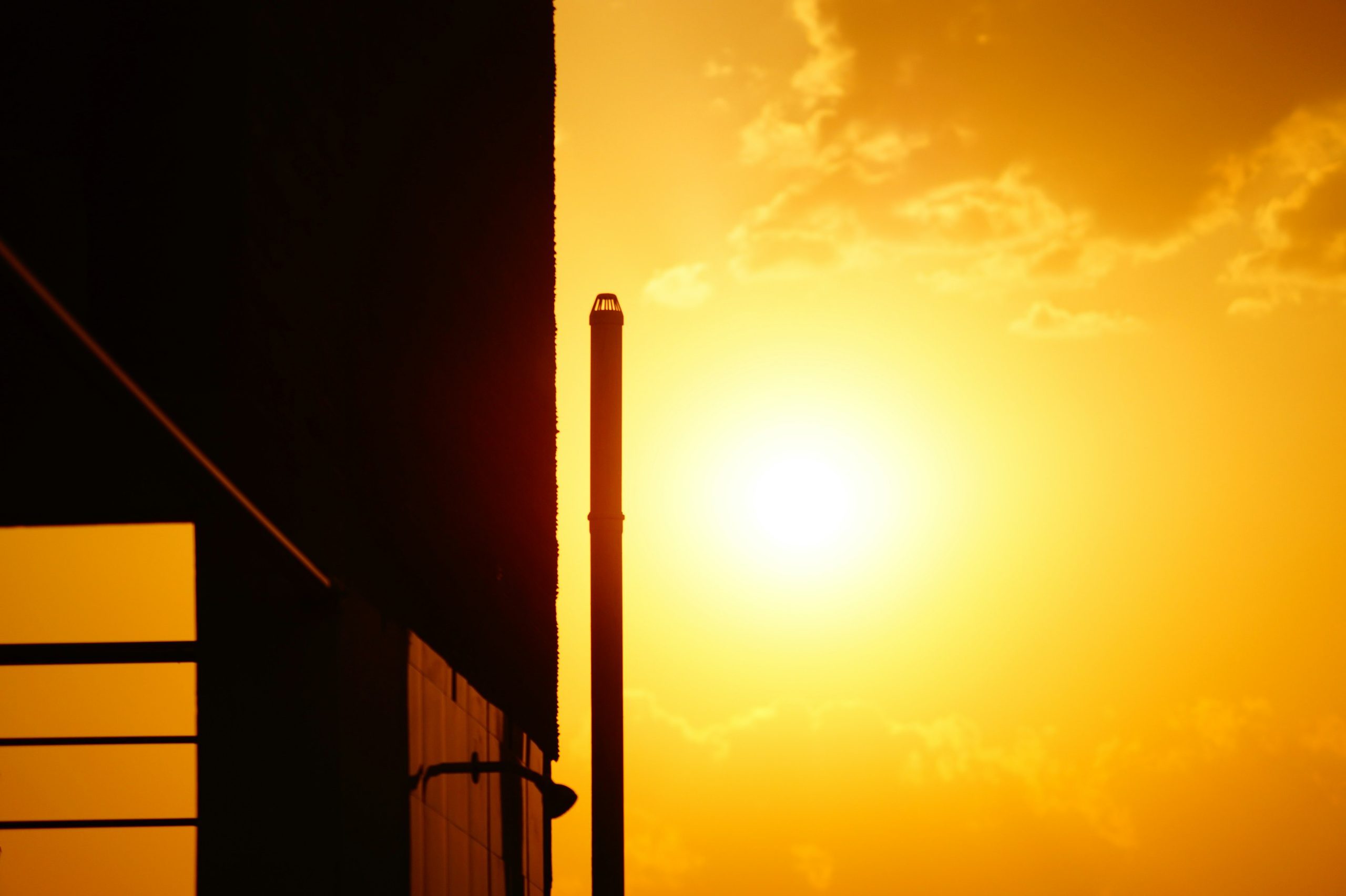Power bills occasionally rise. Your heating, ventilation and air conditioning (HVAC) unit may work overtime on a particularly hot afternoon, or you might add a new energy-intensive appliance to your home. Your water can also affect how much you pay for electricity and your monthly carbon footprint. Learning more about the connection between hard water and increased energy use could help you live a greener lifestyle, shrink your monthly power bill and enjoy cleaner drinking water.
What Is Hard Water?
Hard water is any city or groundwater that contains high amounts of magnesium, calcium or other minerals. People sometimes think it’s easy to tell when hard water is in their house because it might change color or smell foul. In reality, there are limited signs when it occurs. People can live with it in their homes for years before discovering the higher mineral content in their water.
You could have hard water if you consistently feel residue on your hands after washing them. Buildup in your shower, skin irritation and splotches left on your dishes when your dishwasher finishes a cycle might also indicate the existence of minerals in your water. Watch for the signs over time. If they happen frequently, you may need a water test kit.
Why Does Hard Water Affect Your Electricity Bill?
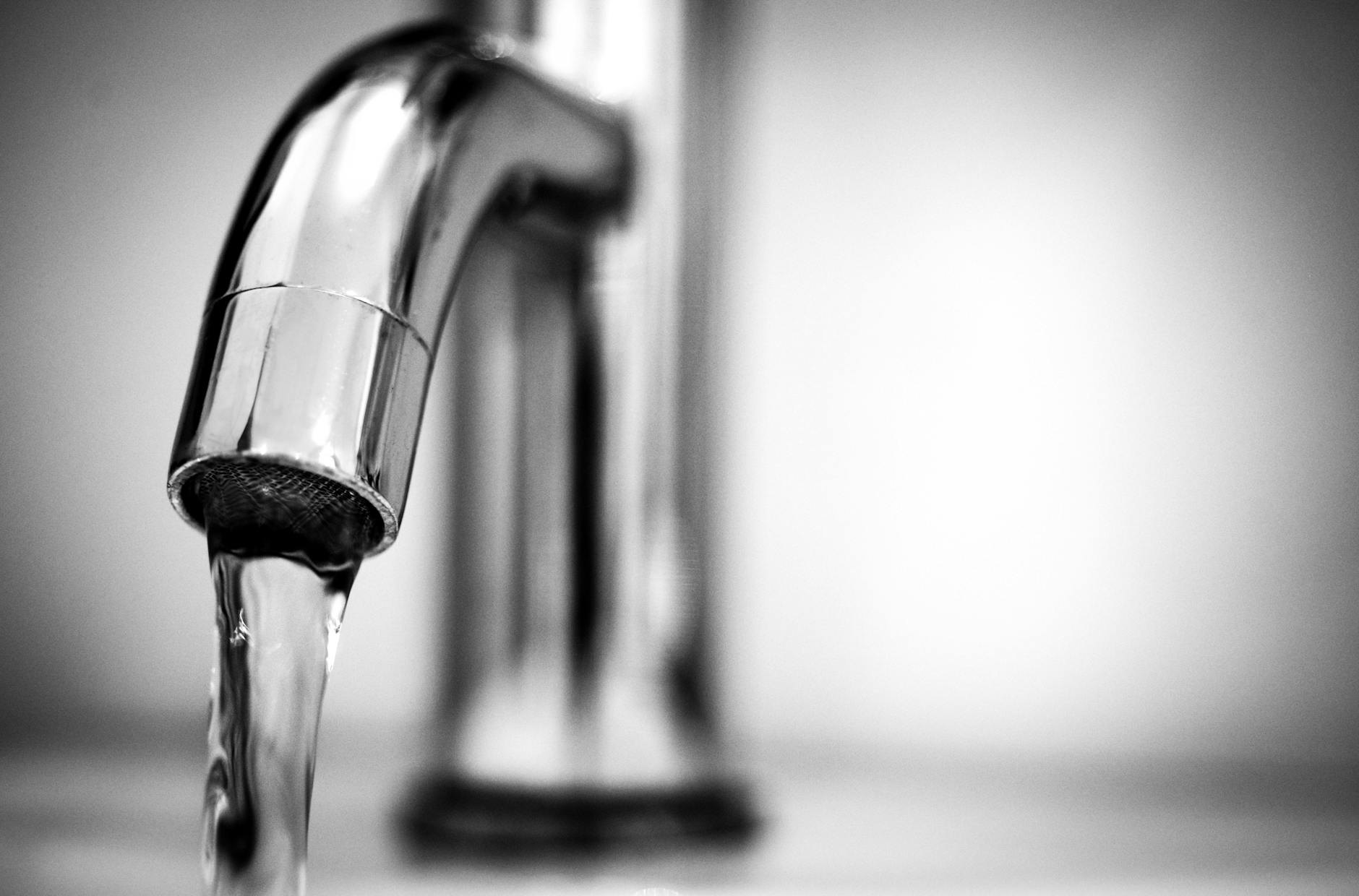
Your electricity bill might increase if you have hard water because it varies in mineral intensity between 5-500 parts per million (PPM), depending on your water source. When you turn on your sink or shower, water passes through a heater somewhere on your property or within your apartment building. More minerals will collect inside your pipes if your water has a higher PPM rating.
Water heaters must work extra hard to push water through clogged piping before and after heating it. The buildup — also known as scaling — makes appliances consume more electricity because they have to run longer. Your dishwasher, washing machine and coffee maker may have the same effect on your power bill if you’ve used them with hard water for an extended period.
Scale Buildup Can Affect Your Water Pressure Too
Even if your appliances aren’t working twice as long, scaling in your pipes affects your water pressure. Your 10-minute shower might double in length if you aren’t getting enough water pressure to rinse your hair. The monthly water bill will increase, and you’ll use more of the limited natural resources for daily necessities.
Water quality ranks highest among corrosion factors for pipes. If buildup happens over time, your plumbing could fall apart faster than expected. Remaining aware of hard water in your region and its household signs could save you from paying for an extensive plumbing project while your pipes are relatively new.
Does Hard Water Hurt the Environment?
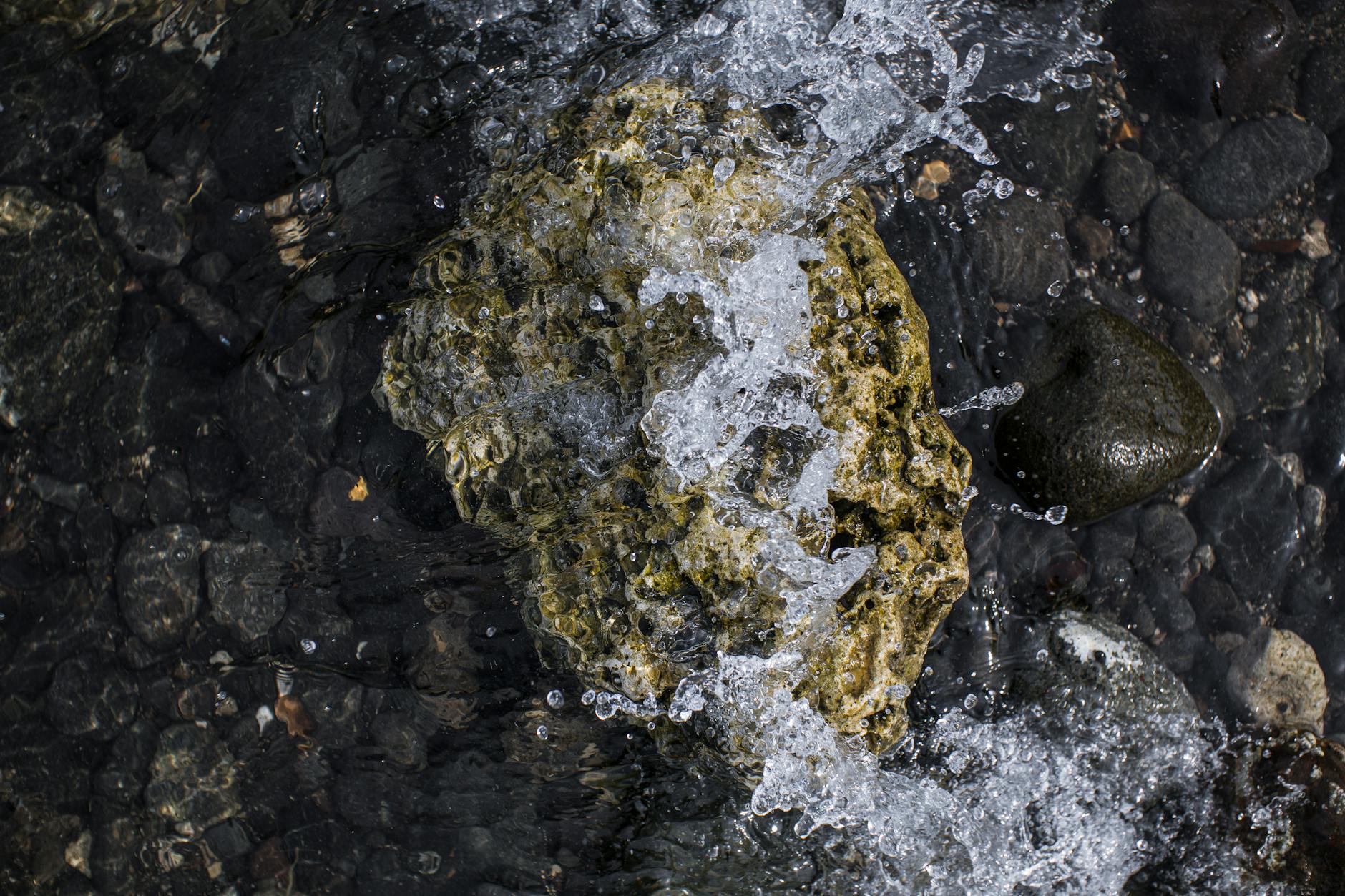
Minerals naturally occur in the environment, so hard water isn’t pollution. Some plants and animals learn to thrive in biomes with a higher mineral content. If water passes through more porous rock in one area than another, the location with extra rock will have naturally harder water. Animals and greenery still live in that spot because they adapted over time.
Water contamination becomes a concern when it raises household electric bills. Using extra electricity requires local power plants to burn more fossil fuels while they supply your electric grid. You’ll even drain the environment of its limited water supply if you use more of it to accomplish essential tasks like washing dishes.
People may also try to combat mineral buildup with ineffective chemical products and ultimately wash chemicals into waterways. Everyone’s environmental footprint will differ depending on how long their household relies on hot water, how they respond to the issue and if they ever resolve their mineral buildup.
Solutions for Homeowners and Renters
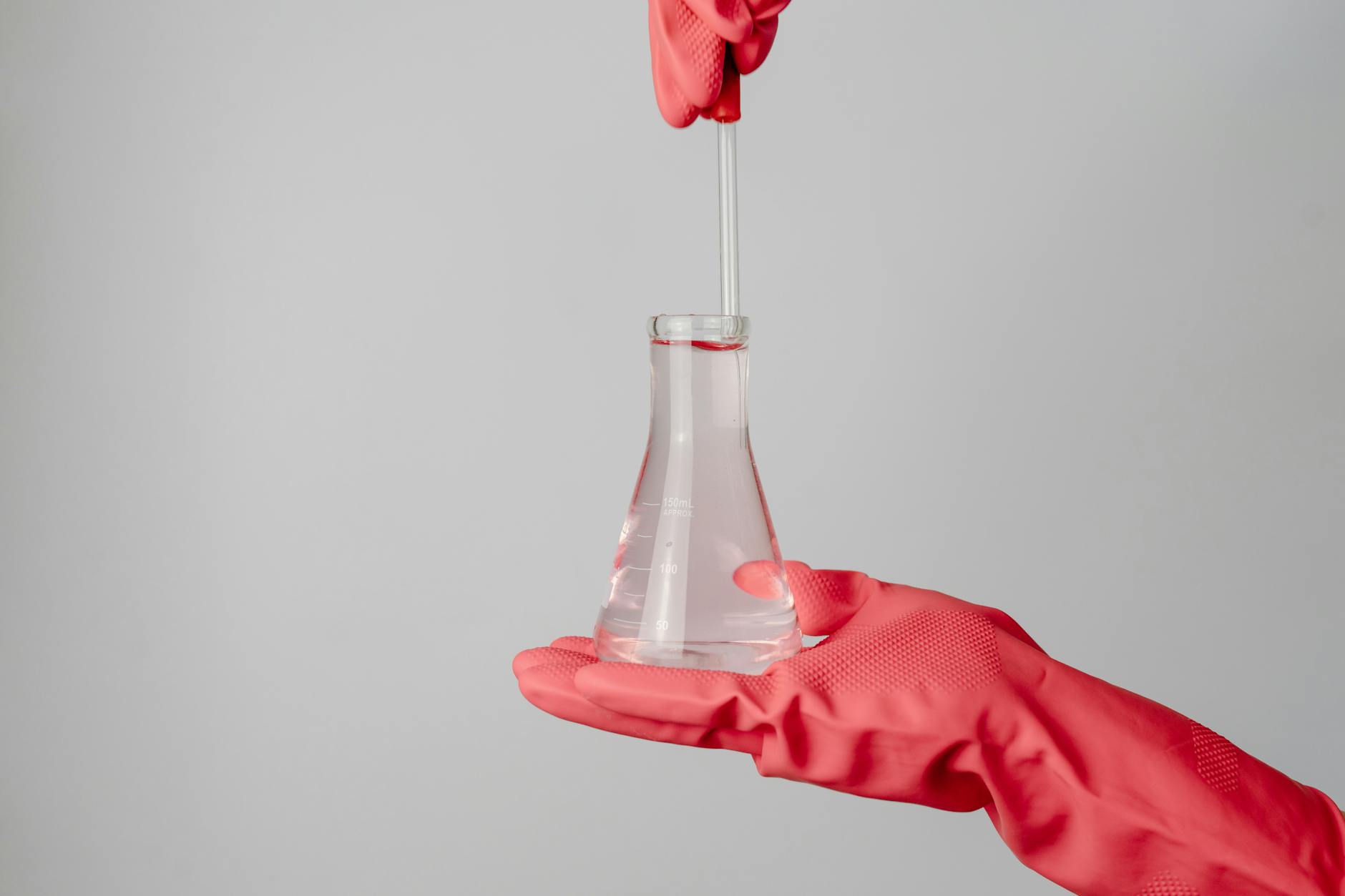
If you think you have hard water, get a test kit at a local hardware store. Positive results will indicate whether you should look into water softeners. The product will attach to your waterline and use things like electromagnetic strips, salt or polyphosphates to grab the minerals as they float through. The water that comes out of your faucets or enters your appliances will have fewer contaminants, if any.
You could also use a water-softening product. They flush through your water heater to gently remove sediment throughout your home. Many exist for specific appliances as well. Eco-friendly alternatives to water softeners are available. You can even mix vinegar and baking soda to remove mineral deposits in your sink or shower drains.
Renters should discuss their options with their landlords. Depending on your rental laws, the property owner may not be legally responsible for getting a water softener product. However, they could give their permission to install a whole-house filter. Your landlord may even cover the costs of your hard water solution if they know it could save them from extensive plumbing projects soon.
Improve Your Water and the Planet
Solving your hard water problems will reduce your planetary impact. Shrink your electric bill, use less water and get rid of the soap scum building up in your home by testing your water. If the results are positive for high mineral content, you can pinpoint the best solution for your living space and resolve the issue quickly.
